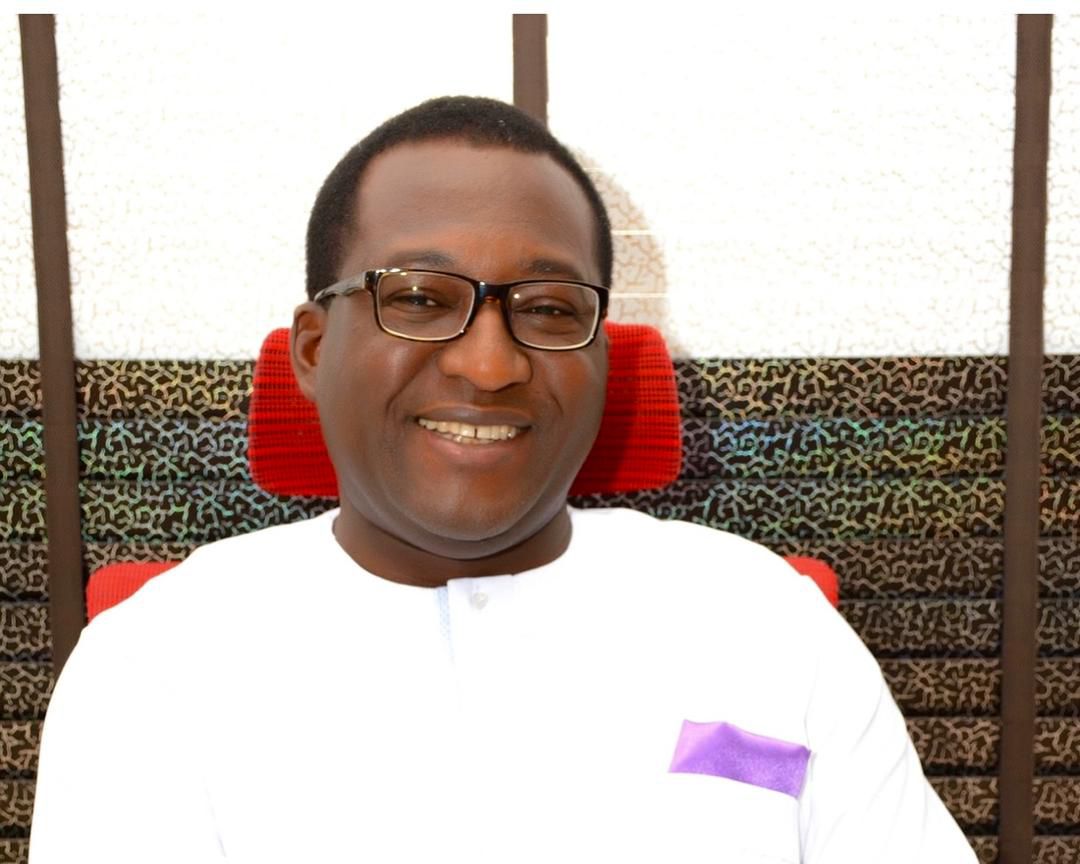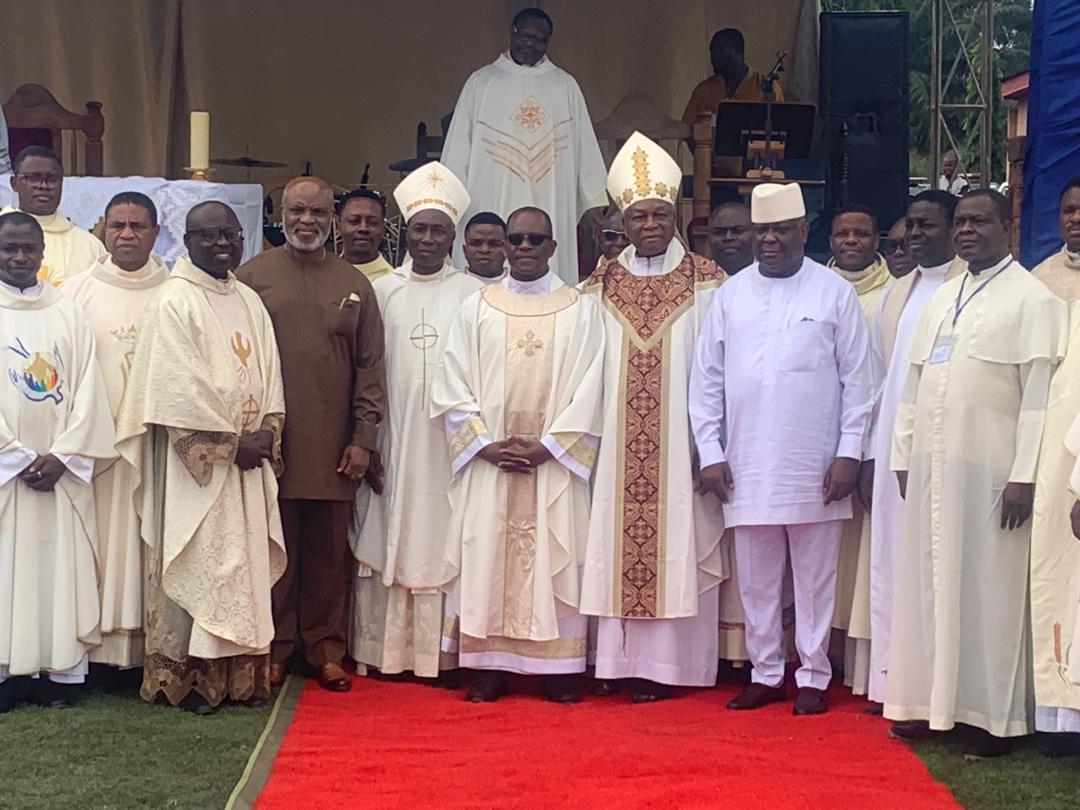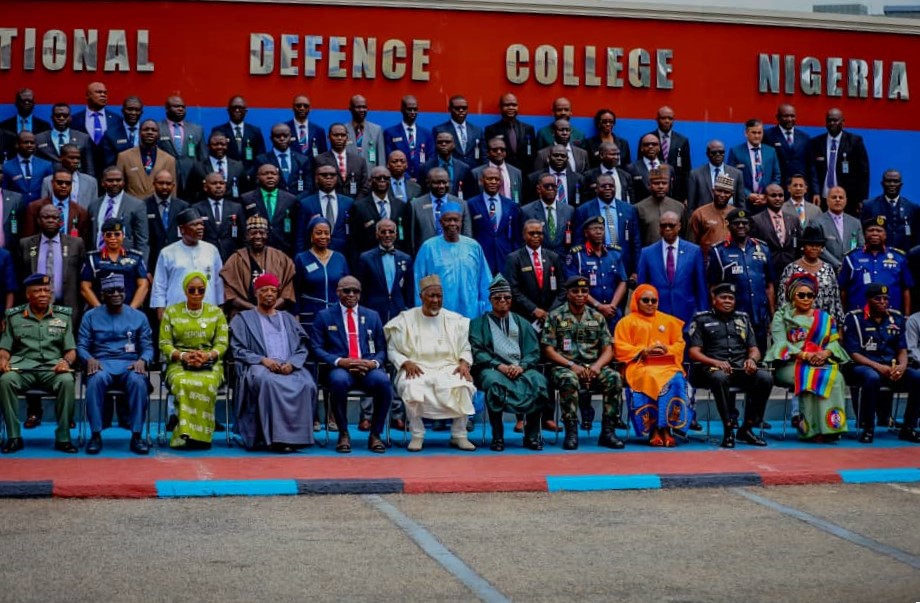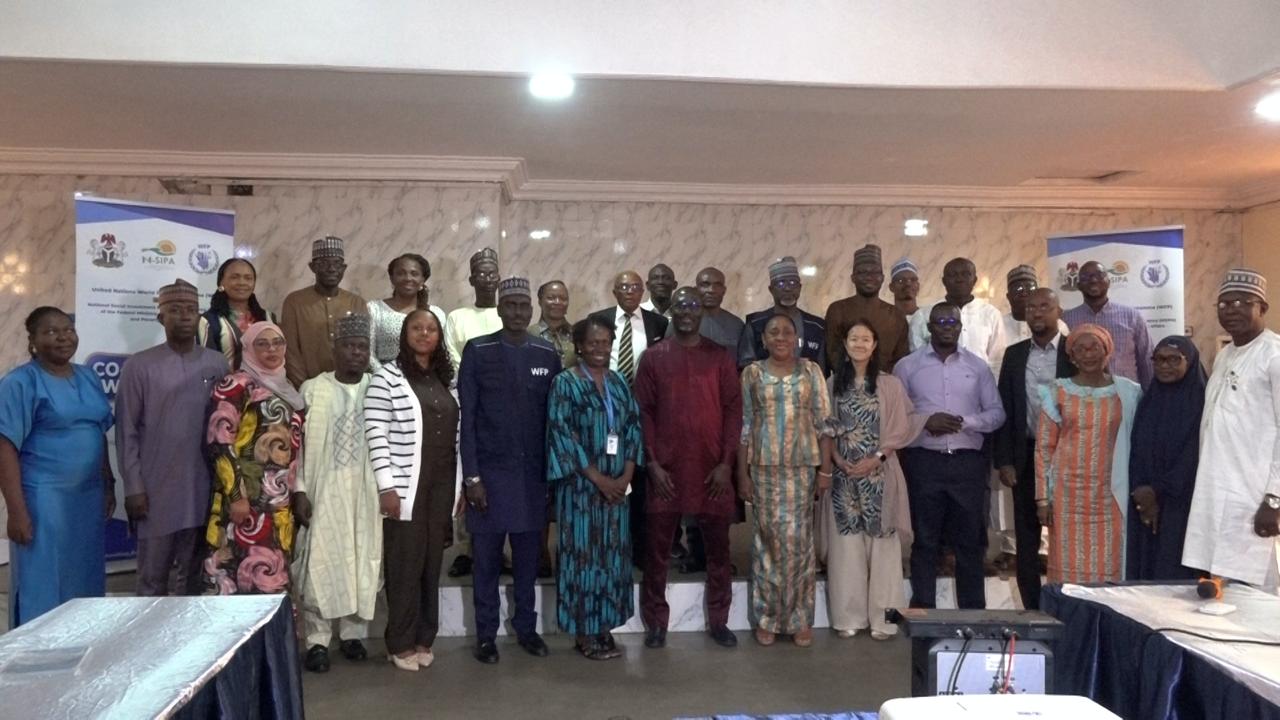SDG 2: Revisit economic reforms, Pharmacist urges FG
By Adeyemi Adeleye
Mr Akinjide Adeosun, the Chairman and Chief Executive Officer (CEO) of ST.RACHEAL’S™ Pharmaceutical Nigeria Ltd., has urged the Federal Government to review reforms to tackle hunger, high transport fares and rents.
Adeosun, a licensed Pharmacist and Founder of the Akinjide Adeosun Foundation (AAF), made the appeal on Sunday at the grand finale of events earmarked to celebrate his 57th birthday.
The News Agency of Nigeria (NAN) reports that the birthday, celebrated on Aug. 4, witnessed a Thanksgiving Service at the All Souls’ Church, Lekki Phase 1, Lagos, with philanthropic gestures including the unveiling of food bank among others.
Adeosun, who tagged the celebration as “Thanksgiving in Freedom” said that true leadership must focus on providing freedom for people in terms of ending hardship, hunger and insecurity.
According to him, the 57 birthday is the most fulfilling because of the privilege to distribute food to some vulnerable people in the society including cleaners, security personnel earning peanuts among others.
The pharmacist, who provided detailed insight into the link between food and health of the people, said every society must prioritise feeding, transport and rents (shelter).
Adeosun said: “Let us look at our reforms again and review where necessary. There is no where in the world where there is no subsidy one way or the other.
“There is a huge link between food and the health condition of the people. We just need to do something about food, transport and rents.
“These are the three anguish facing the people that I found out after special interviews with cleaners, security men and other vulnerable people in Lekki Phase I, Ikoyi and Victoria Island.”
He said that government needs to partner with well-meaning individual and corporate organisations to achieve the SDG’s Goal 2 “Zero Hunger” to improve life expectancy in the country.
Commending President Bola Tinubu’s removal of subsidy on fuel, the medical expert said that the government should have planned well to tackle the expected consequences including hunger, poverty and anger.
According to him, the government must increase capacity of manufacturing companies including indigenous pharmaceutical films to crash the inflation of products.
“We cannot use palliatives to solve this. They can only be solved through macroeconomics. Our reforms cannot be cast on stone, we have to review them.
“There is an urgent need for investment in manufacturing and production industry.
“We must move Nigeria from consumption to production nation such that we produce even more than what we need as a people.
“Prices will come down automatically and thirst for foreign products will no longer be there,” he said.
The philanthropist said: “We must ban importation of petrol. We must ensure crude oil naira discount for local refining firms like Dangote. We must ensure exchange rate rebasing also.
“The President has to do something about petrol price because it is what is driving inflation.
“We must tinker with the crude oil price to Dangote and price will come down,” he said.
He advocated 20 per cent crude oil discount to Dangote Refinery and other local refinery or buying of five barrel and getting one free or even 20 per cent naira price discount.
According to him, the same can be extended to local flour, cement and basic commodity producers including farmers to bring down prices and rents.
On saboteurs, the philanthropist advocated death penalties for all economic saboteurs just like the situation in Singapore and China.
He urged the government to make life easy for people at the grassroots by building infrastructure like schools, hospitals and equipping them. (NAN) (www.nannews.ng)
Edited by Vivian Ihechu







